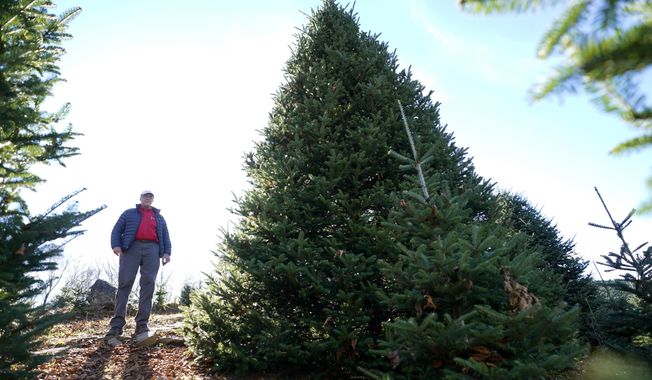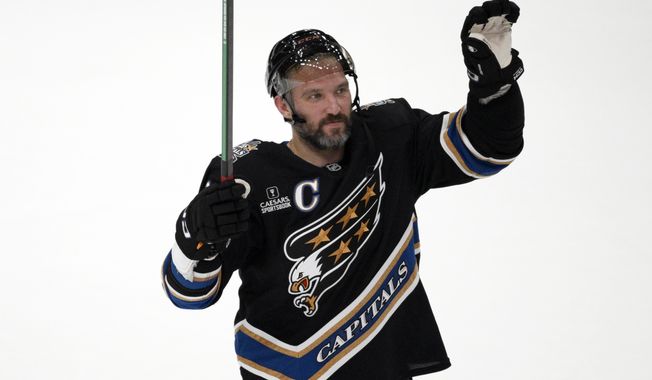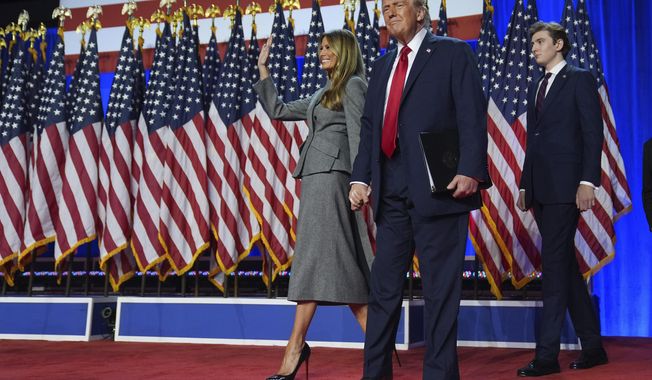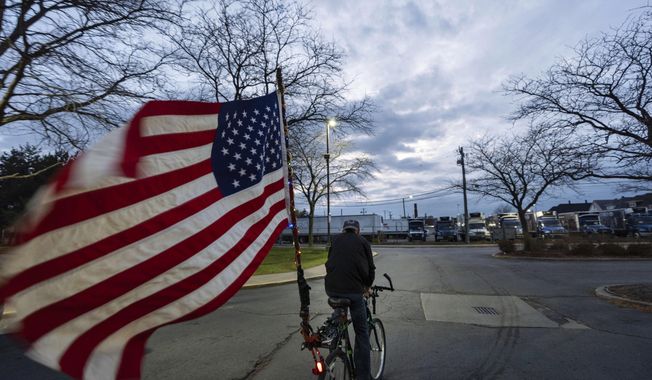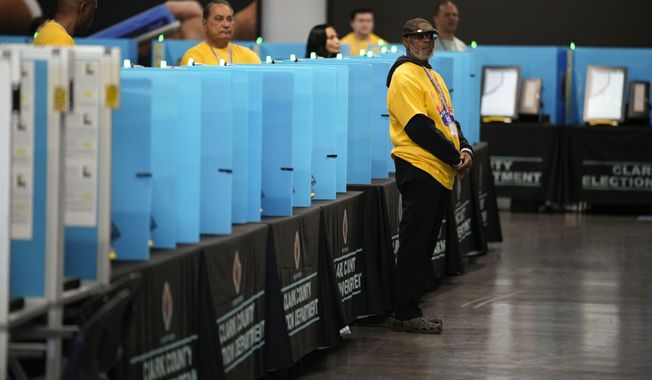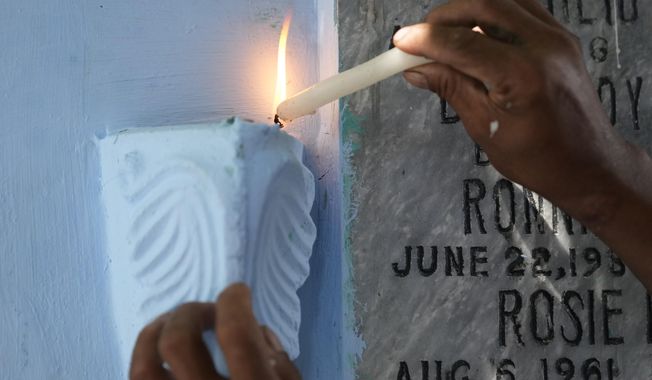
FILE - This March 29, 2010 file photo shows then-Ohio Rep. Steve Driehaus in Cincinnati. The Supreme Court appears to be highly skeptical of laws that try to police false statements during political campaigns, raising doubts about the viability of such laws in more than 15 states. The case began during the 2010 election when a national anti-abortion group, the Susan B. Anthony List, planned to put up billboards accusing then-Rep. Driehaus of supporting taxpayer-funded abortion because he voted for President Barack Obama's new health care law. Driehaus, a Democrat who opposes abortion, claimed the group's billboard ads distorted the truth and therefore violated the false speech law. (AP Photo/David Kohl, File)
Featured Photo Galleries
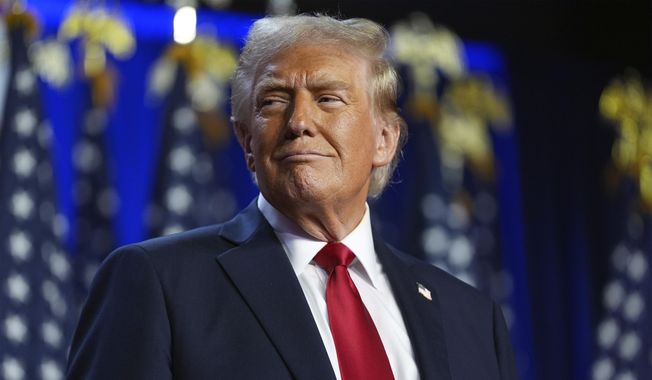
Trump Transition: Here are the people Trump has picked for key positions so far
President-elect Donald Trump has announced a flurry of picks for his incoming administration. Get full coverage of the Trump transition from The Washingon Times.
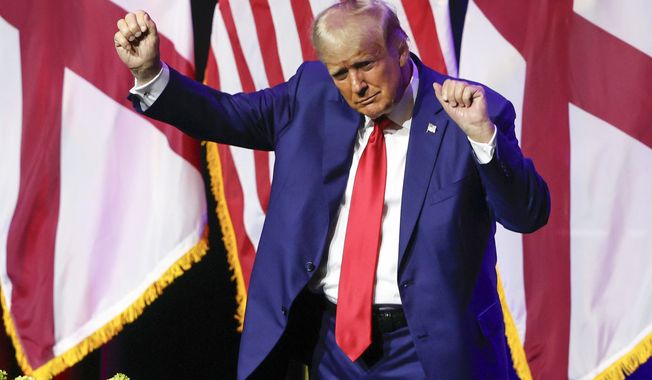
Trump dances onstage, takes post-election nation by storm
President-elect Trump dances onstage

